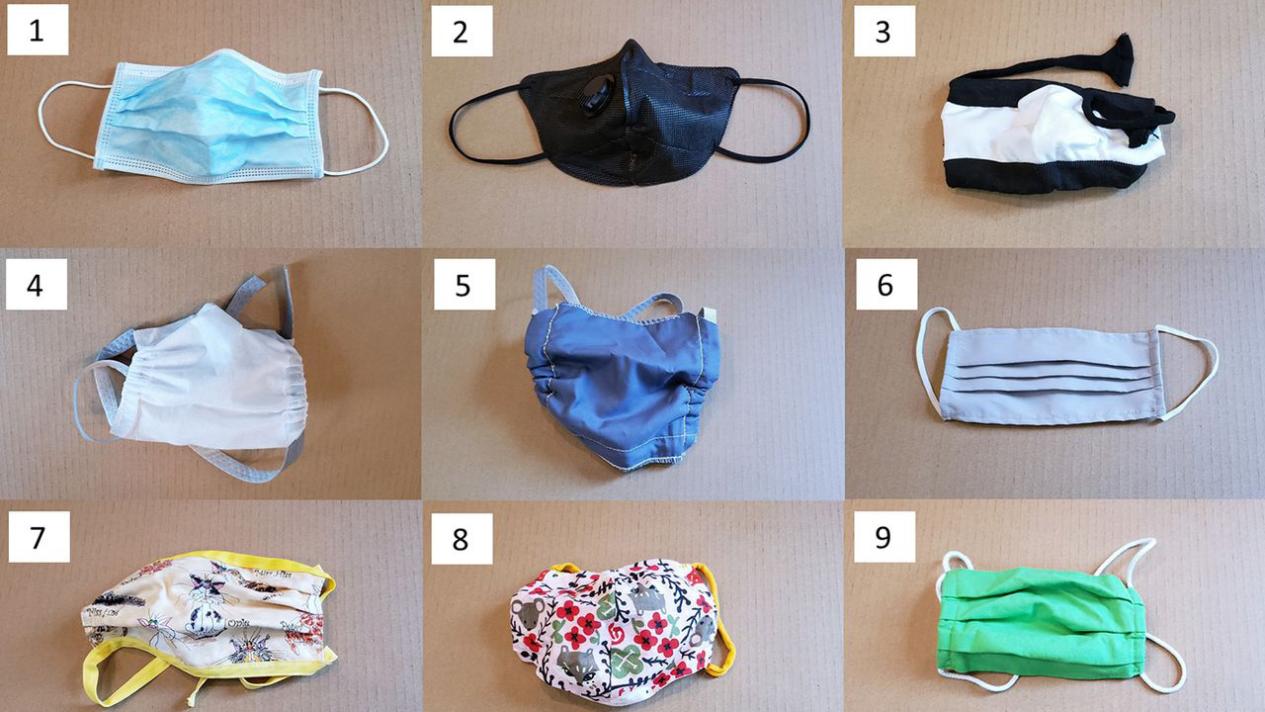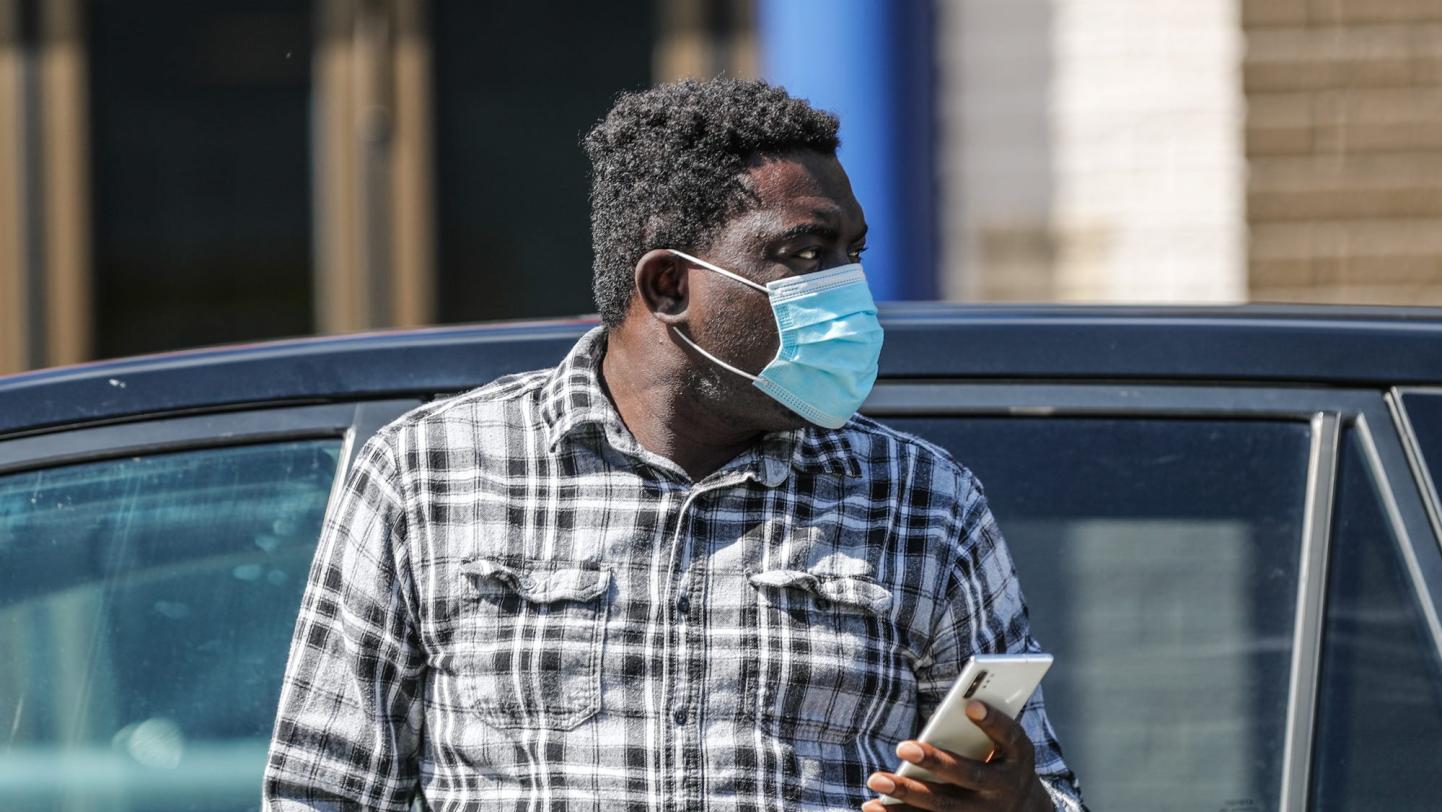Unmasking the Truth: A Critical Examination of Mask Effectiveness
In the realm of public health, the effectiveness of masks in preventing the spread of respiratory illnesses has been a topic of intense debate. This article aims to critically examine the scientific evidence, address common misconceptions, and explore the role of mask-wearing in a comprehensive approach to public health.

Historical Context
Overview Of Mask Usage
The practice of wearing masks to prevent the spread of disease has a long and varied history. From ancient civilizations to modern-day applications, masks have been used to protect individuals from harmful particles and microorganisms.
Cultural And Societal Perspectives
Societal attitudes towards mask-wearing have evolved over time, influenced by factors such as cultural norms, beliefs, and prevailing scientific understanding. In some cultures, mask-wearing is seen as a sign of respect and consideration for others, while in others, it may be viewed as a symbol of fear or oppression.
Scientific Evidence On Mask Effectiveness
Respiratory Droplets And Transmission
Respiratory illnesses are primarily transmitted through respiratory droplets, which are small particles expelled from the mouth and nose when an infected person coughs, sneezes, or talks. Masks can help reduce the dispersal of these droplets, thereby reducing the risk of transmission.
Systematic Reviews And Meta-Analyses

Numerous systematic reviews and meta-analyses have evaluated the effectiveness of masks in preventing respiratory infections. These studies have consistently shown that masks are effective in reducing the transmission of respiratory illnesses, including influenza, SARS-CoV-2 (the virus that causes COVID-19), and other respiratory viruses.
- A 2020 systematic review and meta-analysis of 17 studies found that mask-wearing was associated with a 53% reduction in the risk of influenza infection.
- A 2021 meta-analysis of 10 studies found that mask-wearing was associated with a 77% reduction in the risk of SARS-CoV-2 infection.
Addressing Common Misconceptions And Concerns
Debunking Myths
There are several common misconceptions and myths surrounding mask-wearing. Some individuals claim that masks are ineffective, harmful, or impede breathing. However, these claims are not supported by scientific evidence.
Addressing Comfort And Practicality

Some individuals express concerns about the comfort and practicality of wearing masks. These concerns may include discomfort, fogging of glasses, and potential challenges in communication. However, there are practical tips and strategies to overcome these challenges, such as proper mask fit and selection.
Mask Mandates And Public Health Policies
Legal And Ethical Considerations
Mask mandates have been implemented in many countries and regions as a public health measure to reduce the spread of respiratory illnesses. These mandates raise legal and ethical considerations, balancing individual rights with the collective responsibility to protect public health.
Lessons Learned From Past Pandemics
Historical pandemics have demonstrated the effectiveness of mask mandates and other public health measures in controlling the spread of disease. By drawing parallels to past pandemics, we can learn valuable lessons about the importance of mask-wearing in protecting public health.
The Role Of Mask-Wearing In A Comprehensive Approach To Public Health
Complementary Measures
Mask-wearing is one component of a comprehensive approach to public health, alongside other measures such as social distancing, hand hygiene, and vaccination. These measures work synergistically to reduce the spread of respiratory illnesses.
Importance Of Public Cooperation
Public cooperation and adherence to mask-wearing guidelines are essential for achieving effective control of respiratory illnesses. By embracing mask-wearing as a responsible and effective means of protecting themselves and their communities, individuals can contribute to the collective effort to mitigate the spread of disease.
The scientific evidence overwhelmingly supports the effectiveness of masks in reducing the spread of respiratory illnesses. Mask mandates and public health policies that promote mask-wearing have been shown to be effective in controlling outbreaks. By embracing mask-wearing as a responsible and effective means of protecting ourselves and our communities, we can contribute to a safer and healthier world.
Call to Action: Let us all do our part by wearing masks, practicing social distancing, maintaining good hand hygiene, and getting vaccinated. Together, we can protect ourselves, our loved ones, and our communities from the spread of respiratory illnesses.
YesNo

Leave a Reply